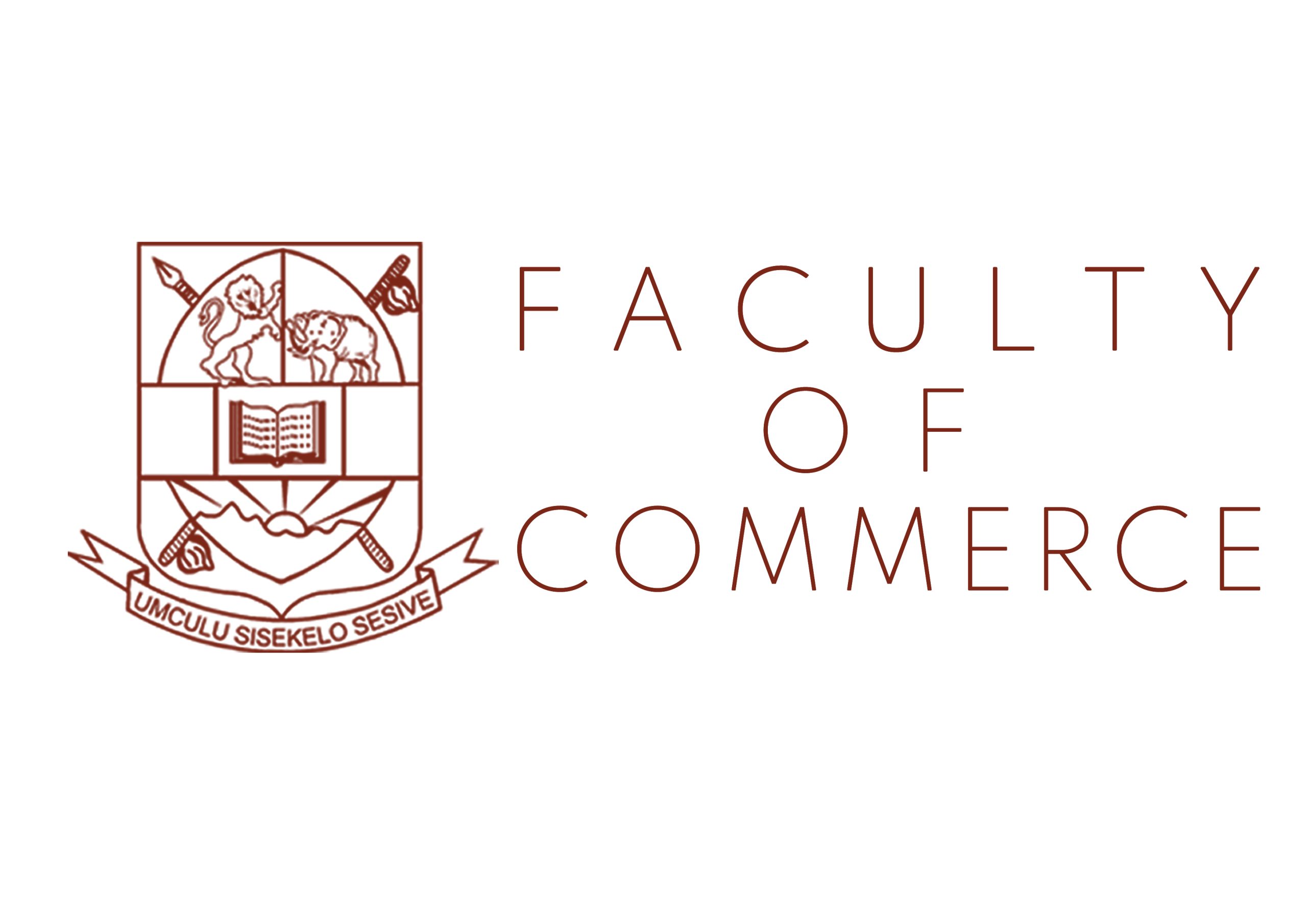When the Faculty of Commerce was established in 1990, a strong emphasis was placed on professional education and training. One of the objectives established by the Faculty was to “expose students to practical experiences that would enable them to understand the theoretical approaches to business”. Based on this objective, special attention has been given to equipping students to operate effectively in the modem work environment. In designing the curricula to encompass the above aim, a logical component is the “off campus” work experience. One of the main purposes of this experience is to assist the students to integrate theory and practice.
Special care has been taken to base the internship on cooperative, experiential training where students can attain skills and the application of practical knowledge from a diverse group of companies. The practical experiences will augment classroom learning. Furthermore, the experience gives both the employer and the intern an opportunity to evaluate each other.
The work-experience period entails placing the student with an approved host organisation for a period of eight (8) weeks in their field of specialisation. During this period of placement, students will acquire professional experience that will enable them to broaden their knowledge and understanding of organisations.
Goals of Work Based Learning
The Work Based Learning (internship) Programme has the following goals:
- To supplement the classroom experience by providing real work experience for students that will enable them to gain self-confidence,
- To improve students’ opportunity to secure permanent employment after graduation and to enable them to fit comfortably in the economy;
- To assist students in developing meaningful career plans;
- To build a healthy and cooperative relationship among the Faculty, the business community and the public sector;
- To provide the Federation of Employers, the Chambers of Commerce, and host organisations with a pool of potential employees.
Responsibilities
- The responsibilities of the host organisations are as follows.
- To provide the intern with a closely supervised, professional experience that will
supplement classroom learning.
- To familiarise the intern with as many relevant areas of the organisation as possible
through job rotation;
- To adequately compensate the intern based on his/her qualifications and responsibilities;
- To submit an assessment report to the Department concerned about the performance of
the intern.
- The interns must be responsible for completing the training and performing their duties
efficiently as prescribed by the organisation.
- The Faculty Coordinator, if requested by the host organisation, will visit the organization to
identify and/or resolve problems if they arise, monitor the programme, and assess the progress of the intern. The Coordinator will give any assistance sought by the host’ organisation in connection with the internship programme.
Remuneration
Students paid projects/internship allowance but employee may give something in return as a token of appreciation. All interns are required to negotiate their remuneration from the host organizations at the time of interview. Neither the employer nor the Faculty will be responsible for providing accommodations or transport. Acceptance of the student as intern is not a guarantee for permanent employment by the host organisation.
Report/Assessment
Prior to beginning the internship training, students will be given detailed information about the project which they are expected to complete and present to the Faculty when the internship has been completed. The internship assessment by the host organisation and the evaluation of the project report will be described in the documents that students will receive just prior to beginning their training. On completion of their internship they have to prepare a comprehensive report that is assessed on their field attachment and the overall mark given for internship
EMPLOYABILITY
Employability is a notion that describes combination of attributes, competencies and skills needed to increase the likelihood of an individual to secure gainful employment (formal employment, self-employed, and/or entrepreneurs) after completing a programme of study or training; retaining that employment, and being able to move to other jobs (Common Wealth of Learning, 2019).
The Faculty of Commerce has deliberately highlighted employability as integral part to its education, as underscored by UNESWA’s mission and strategy in the Repacked Strategy of 2023. Employability has therefore been explicitly built into the Bachelor of Commerce degree programmes and other support activities of the university to enable graduates to thrive and lead in a competitive world of work and when they further their studies. The Faculty of Commerce has blended academic learning with the attainment of personal and professional development skills. It support students to make informed career choices, secure the type of employment, business start-up or further study they want, and achieve lasting career success as defined by the individual student.
The faculty uses internship and other forms of work-based learning in a form of Case developments, case analysis, seminars, projects, special organisation visits like Eswatini Stock Exchange, plus other forms of work-based learning through special entrepreneurial activities.
